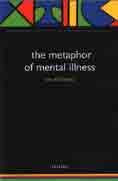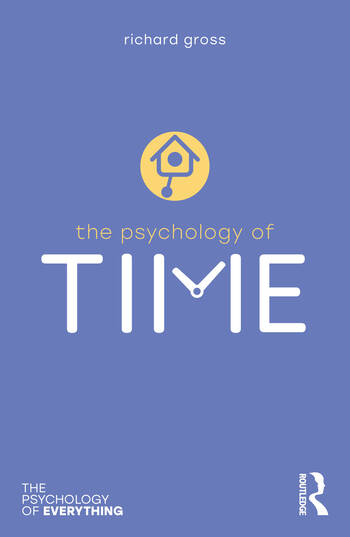Postpsychiatry: Mental Health in a Postmodern World

Book Details
- Publisher : Oxford University Press
- Published : January 2005
- Category :
Clinical Psychology - Catalogue No : 23133
- ISBN 13 : 9780198526094
- ISBN 10 : 0198526091
Also by Patrick Bracken
Trauma: Culture, Meaning and Philosophy
Price £45.75
Also by Philip Thomas
The dialectics of schizophrenia
Price £17.95
There are currently no reviews
Be the first to review
How are we to make sense of madness and psychosis? For most of us the words conjure up images from television and newspapers of seemingly random, meaningless violence. It is something to be feared, something to be left to the experts. But is madness best thought of as a medical condition? Psychiatrists and the drug industry maintain that psychoses are brain disorders amenable to treatment with drugs, but is this actually so? There is no convincing evidence that the brain is disordered in psychosis, yet governments across the world are investing huge sums of money on mental health services that take for granted the idea that psychosis is an illness to be treated with medication. Although some people who use mental health services find medication helpful, many do not, and resist the idea that their experiences are symptoms of illnesses like schizophrenia. Consequently they are forced into having treatment against their wishes. So, how do we make sense of this situation?
Reviews and Endorsements
* Explains some of the major difficulties in mental health practice, helping the reader understand some of the background tensions in clinical work
* Uses short stories to help readers to consider complex philosophical issues from a fresh perspective, inviting them to question commonly held assumptions about the nature of psychosis and distress
* Places current debates about mental health policy and practice into their historical and cultural contexts
Throughout, the authors examine the conflicting ways in which politicians, academics, and mental health professionals appear to understand madness, and contrast this with voices and experiences that are usually excluded - those of the people who use mental health services. They then examine the power of psychiatry to shape how we understand ourselves and our emotions, before considering some of the basic limitations of psychiatry as science to make madness meaningful. In the final section of the book they draw on evidence from service users and survivors, the humanities and anthropology, to point out a new direction for mental health practice. This new direction emphasises the importance of cultural contexts in understanding madness, placing ethics before technology in responding to madness, and minimising 'therapeutic' coercion.
Readership: Psychiatrists, psychologists, mental health nurses, social workers ; philosophers, policy makers
Contents:
* Introduction: 'The times they are a-changin'
* Doing their best
* 1 Values, evidence, conflict
* 2 What counts as evidence?
* The miracle drug
* 3 The battle for acceptance: defining the relationship between medicine and the world of madness and distress
* The ring
* 4 Foregrounding contexts: what kinds of understanding are appropriate in the world of mental illness?
* Losing Peter
* 5 Mind, language and meaning
* Beetles
* 6 Ethics before technology - is 'treatment' the best way to think about mental health work?
* 7 Narrative and the ethics of representation
* 8 Meaning and recovery
* 9 Citizenship and the politics of identity
* 10 Are you local? Responding to the challenge of globalisation in mental health
* The veil
Authors, editors, and contributors:
Patrick Bracken, Clinical Director, West Cork Mental Health Service, Ireland and Philip Thomas, Senior Research Fellow, Centre for Citizenship and Community Mental Health, School of Health Studies, University of Bradford, UK
Customer Reviews
Our customers have not yet reviewed this title. Be the first add your own review for this title.
You may also like
Mentalization Based Treatment for Personality Disorders: A Practical Guide
Anthony Bateman
Price £27.99
save £18.51









